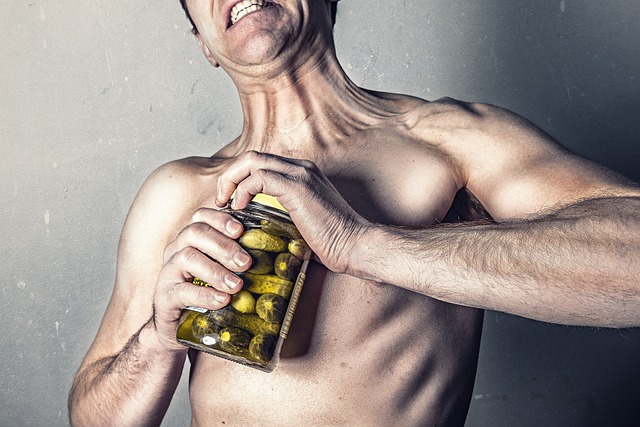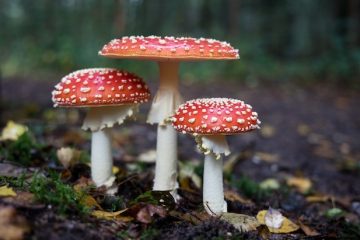Benign prostatic hyperplasia is one of those medical conditions that quietly creeps up on men as they age, bringing with it a host of uncomfortable and disruptive symptoms. Yet, despite its prevalence, discussions around it remain shrouded in silence, relegated to whispered conversations in clinics or left entirely unspoken. In Singapore, where over 50% of men aged 50 and above experience some form of prostate enlargement, understanding this condition is vital for maintaining long-term health and quality of life.
What Exactly Is It?
Benign prostatic hyperplasia (BPH) is a non-cancerous enlargement of the prostate gland, which sits just below the bladder. As the prostate grows, it can press against the urethra, leading to frustrating and sometimes distressing urinary symptoms. While BPH itself isn’t life-threatening, its impact on daily life can be significant. Left untreated, BPH can lead to serious complications such as urinary tract infections, bladder stones, and even kidney damage.
Common Symptoms to Watch For
Many men brush off the early warning signs of BPH, dismissing them as just part of getting older. However, recognising symptoms early can help in seeking timely treatment. Some key symptoms include:
- Frequent urination, especially at night (nocturia)
- Weak or interrupted urine flow
- Difficulty starting urination
- A constant feeling of needing to urinate, even after emptying the bladder
- Dribbling at the end of urination
- Straining while urinating
- Sudden inability to urinate (acute urinary retention), which may require emergency care
Ignoring these symptoms can lead to complications such as bladder infections, kidney issues, or even complete urinary retention—a medical emergency.
Why Singaporean Men Should Pay Attention
In cities like Tampines and Jurong, where an increasing number of men over 50 are leading active and productive lives, managing prostate health is crucial. Studies have shown that Asian men may experience BPH differently from their Western counterparts, often developing symptoms at a slightly later age but with a higher risk of progression if untreated.
A study conducted by Singapore General Hospital found that nearly 1 in 3 men over 50 have moderate to severe BPH symptoms, affecting their sleep, work, and social lives. Despite this, many delay seeking help due to stigma or the mistaken belief that nothing can be done. What’s more concerning is that a significant percentage of these men report that their condition negatively impacts their mental health, causing anxiety and distress.
Treatment Options: From Lifestyle Changes to Surgery
Thankfully, a range of treatment options exists, from simple lifestyle adjustments to medical intervention. Some effective strategies include:
- Dietary adjustments – Reducing caffeine and alcohol intake can help, as these irritate the bladder and worsen urinary symptoms. A diet rich in vegetables, fruits, and lean protein may also be beneficial.
- Exercise – Regular physical activity has been linked to a lower risk of BPH progression. Studies suggest that men who engage in moderate to vigorous exercise are less likely to develop severe symptoms.
- Medication – Alpha-blockers relax the muscles of the prostate and bladder neck, making urination easier. 5-alpha reductase inhibitors help shrink the prostate over time.
- Minimally invasive treatments – Procedures like transurethral microwave therapy (TUMT) or transurethral needle ablation (TUNA) offer relief without major surgery, making them ideal for men who want effective treatment with minimal downtime.
- Surgery – In severe cases, transurethral resection of the prostate (TURP) remains the gold standard. Newer laser procedures such as HoLEP (Holmium Laser Enucleation of the Prostate) offer even more precision and faster recovery times.
Natural Remedies and Alternative Treatments
For men looking for additional ways to manage BPH symptoms, some natural and alternative approaches may offer relief:
- Saw palmetto supplements – Some studies suggest that this herbal remedy can help reduce prostate inflammation and improve urinary symptoms.
- Acupuncture – Traditional Chinese Medicine (TCM) practitioners in Singapore recommend acupuncture and herbal treatments to improve prostate health.
- Pelvic floor exercises – Strengthening the pelvic muscles may aid in better bladder control.
While these methods are not a replacement for medical treatment, they can complement conventional therapies for improved symptom management.
Breaking the Stigma Around Men’s Health
It’s time to normalise conversations around men’s health, particularly conditions like BPH that affect quality of life. In Singapore’s rapidly ageing population, raising awareness and encouraging early medical intervention can prevent complications and help men maintain an active, fulfilling life. Men must also recognise that prioritising prostate health is not a sign of weakness—it is an essential part of overall well-being.
If you or someone you know is experiencing symptoms, don’t wait until it’s too late. A simple consultation with a urologist can make all the difference. After all, no man should have to suffer in silence when effective treatments for benign prostatic hyperplasia are readily available.




